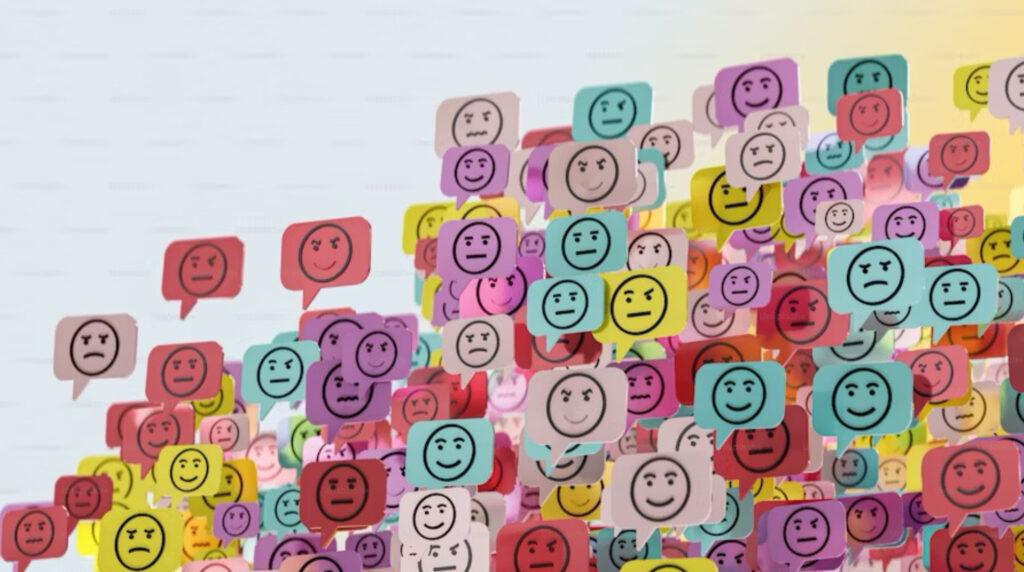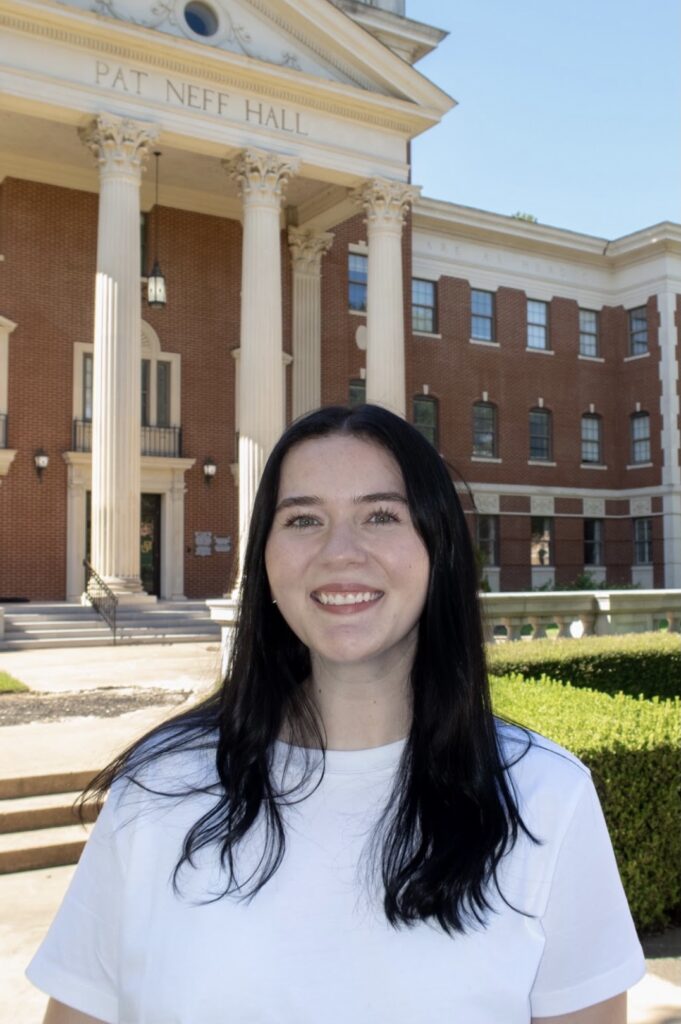Understanding OCD this Awareness Week
What is OCD?
The National Institute of Mental Health defines Obsessive Compulsive Disorder as a long lasting disorder in which a person experiences uncontrollable and recurring thoughts, engages in repetitive behaviors, or both. These repetitive thoughts, known as obsessions, can take the form of unwanted, disturbing thoughts called intrusions. Compulsions are typically referred to as a symptom of obsessions. These actions and behaviors are the mind and body attempting to protect itself, alleviating stress by complying with the thought or avoiding it altogether. Obsessive Compulsive Disorder has been labeled as one of the leading debilitating disorders by the World Health Organization, with 30% of those diagnosed abusing substances, yet it is highly misunderstood and misrepresented in standard media.
Why does awareness matter?
During OCD awareness week, which takes place the second week of October every year, the focus is on sharing information, personal stories, and resources to help those affected by the disorder. Many misconceptions exist about OCD, and understanding the true nature of the disorder can help reduce stigma and cultivate empathy. By continuing discourse and raising awareness, we can encourage those struggling with OCD to seek help by letting them know they are not alone.
Obsessive Compulsive Disorder is highly complex and only affects around 1-2 percent of the population, yet it is a treatable, tamable disease. Obsessions and compulsions can cause dysfunction and fear in all areas of one’s life, with physical, mental, social, spiritual, and moral status under attack. This impacts the way an individual suffering from OCD understands their own identity. OCD is not simply being tidy or washing your hands frequently, and this watered down rhetoric invalidates the experiences of those suffering from this ailment.


Elizabeth Riley hails from Tennessee and is a senior double majoring in English and Professional Writing & Rhetoric at Baylor University. She works as a Transcription Assistant at the Baylor University Institute for Oral History and is President of the Baylor Ice Girls for the 2024-2025 season.
